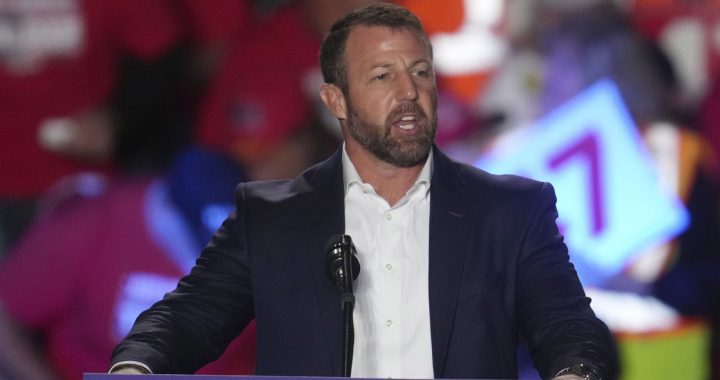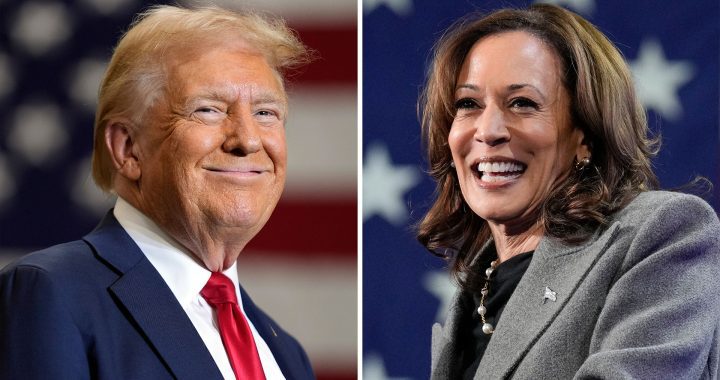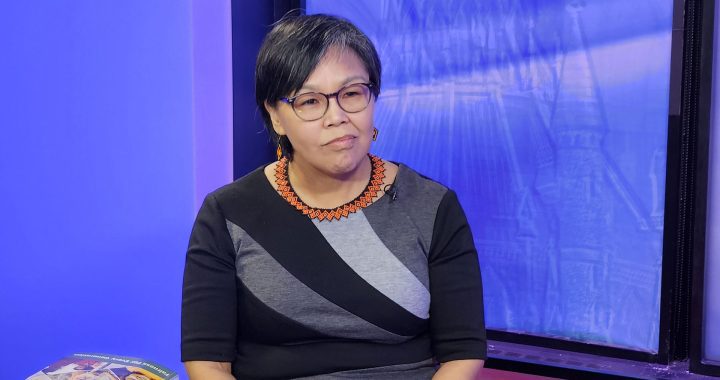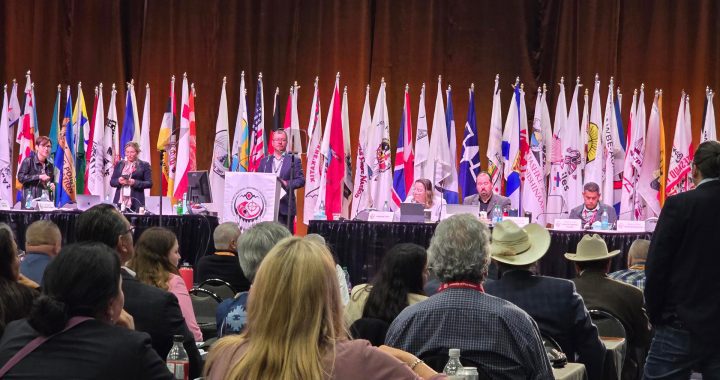(Former Indian Affairs Deputy Minister Michael Wernick)
Russell Diabo
Special to APTN National News
Canada has a newly appointed top federal bureaucrat: it’s the long-time Deputy Minister of Indian Affairs, who spent nearly a decade helping implement Harper’s agenda against Indigenous peoples. What does it say about Prime Minister Trudeau’s own plans on Indigenous issues that this man will now be coordinating the civil service?
In a short press release from Davos, Switzerland on January 20, 2016, Prime Minister Trudeau announced that he was replacing the current Clerk of the Privy Council (PCO) and Secretary to Cabinet, Ms. Janice Charette with the appointment of Mr. Michael Wernick to that position.
However, it is unclear how long Mr. Wernick will remain the Clerk of the PCO as the Prime Minister’s short announcement stated Mr. Wernick will provide the government with “advice on a process to fill the position on a permanent basis.”
So for the foreseeable future Mr. Wernick is now the top federal official in Canada at the “centre” of government as Secretary to Cabinet.
The Prime Minister praised Mr. Wernick by stating he has the “depth of experience and the skills we need to move full speed ahead on the implementation and delivery of our government’s agenda.”
Mr. Wernick has reportedly 35 years experience in the federal public service and is considered by some as a capable “enforcer” of federal policy objectives. He was one of the longest serving Deputy Minister’s of Indian and Northern Affairs Canada having held that position for most of the Harper decade (2006-2014), before he was promoted to the PCO in June 2014.
While many commentators are praising Mr. Wernick for his tenure at INAC, from an Indigenous perspective it should be recalled that under the direction of the Prime Ministers Office, for eight years Mr. Wernick implemented odious policy measures and a suite of federal legislation largely opposed by Aboriginal Peoples, particularly First Nations.
Some highlights of Mr. Wernick’s recent management experience at INAC includes the following:
- He supported the PMO in keeping a lid on Aboriginal files after the 2006 election as Aboriginal Peoples were downgraded from being a federal priority as the Harper government rejected the Liberal’s 2005 Kelowna Accord. In particular, instituting funding cuts and caps to First Nation programs and organizations.
- He supported the PMO in undermining Indigenous Peoples at the United Nations, including working against the adoption of the UN Declaration on the Rights of Indigenous Peoples.
- He supported the PMO by setting up INAC “Hot Spot” reporting to spy on First Nations in order to identify the First Nations leaders, participants and outside supporters of First Nation occupations and protests, particularly while the “Idle No More” movement was at its height.
- He supported the PMO by implementing federal “core mandates” to pressure First Nations to sign Modern Treaties/Self-Government Agreements that would amount to a termination of Aboriginal Title and rights.
- He supported the PMO by assisting with implementation of federal suite of legislation that undermines the collective rights of First Nations by emphasizing individual rights, as well as, omnibus legislation undermining federal regulation of the environment.
- He supported the PMO by undermining the Specific Claims process to make it harder to research and submit specific claims to INAC or the Specific Claims Tribunal.
- He supported the PMO by meddling in the internal politics of First Nations, including trying to engineer the passage of the draconian First Nations Education Act.
- He supported the PMO by changing the funding policy of Tribal Councils to exclude political advocacy for member bands.
- He supported the PMO after Ms. Cindy Blackstock had filed a complaint to the Canadian Human Rights Tribunal by failing to address First Nations’ child welfare discrimination and led the federal retaliation against Cindy Blackstock by spying on her and after she complained about INAC’s spying on her he attempting a cover-up of the INAC spying operation.
Based on his eight-year role in helping Stephen Harper deny and infringe on Inherent, Aboriginal and Treaty rights I consider Mr. Wernick’s appointment is a bad sign—no matter for how long—and is a major concern. It makes me wonder what Prime Minister Trudeau’s Aboriginal agenda really is?
Despite the big promises of a Nation to Nation relationship and a national reconciliation framework I’ve been around long enough to witness the Liberal record of broken promises and the long-standing policies of assimilation and termination of Indigenous rights. I also find that majority governments get arrogant pretty fast.
So far Prime Minister Trudeau’s Aboriginal 5 point plan includes:
- Launch a national public inquiry into missing and murdered indigenous women.
- Make significant investments in First Nations education.
- Lift the two per cent cap on funding for First Nations programs.
- Implement all 94 recommendations from the Truth and Reconciliation Commission.
- Repeal all legislation unilaterally imposed on indigenous people by the previous government.
This is all well and good but Mr. Wernick’s appointment gives me concern about how the Prime Minister will answer the following two big questions, and if Mr. Wernick will be giving advice on how to answer these questions that I have about his government’s agenda:
- What will the Trudeau government do about land claims, historic Treaties and self-government policies?
- How will Trudeau government interpret section 35 rights?
Russell Diabo is a member of the Mohawk Nation at Kahnawake. He is editor and publisher of the First Nations Strategic Bulletin an online newsletter. He was one of the founding executive members of the Liberal Party of Canada’s Aboriginal Commission (Vice-President of Policy 1990-1994).
Got something to say?
Write to us at Nation to Nation with your idea.










